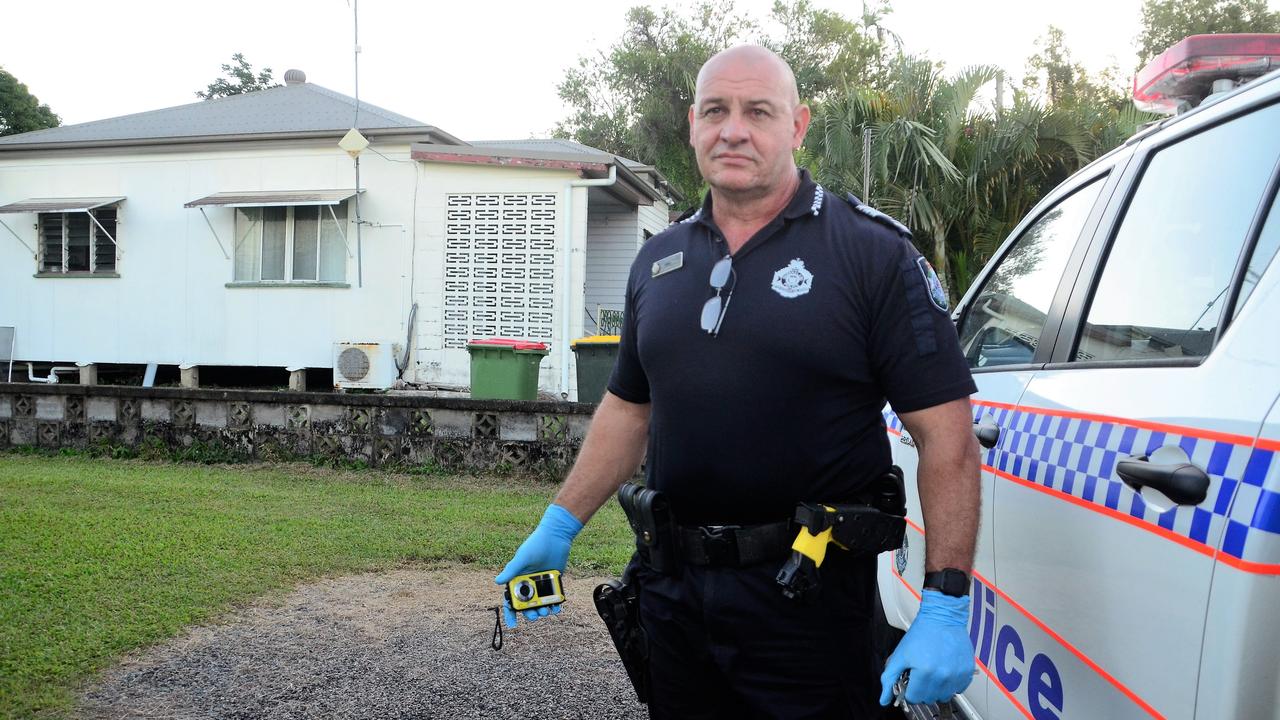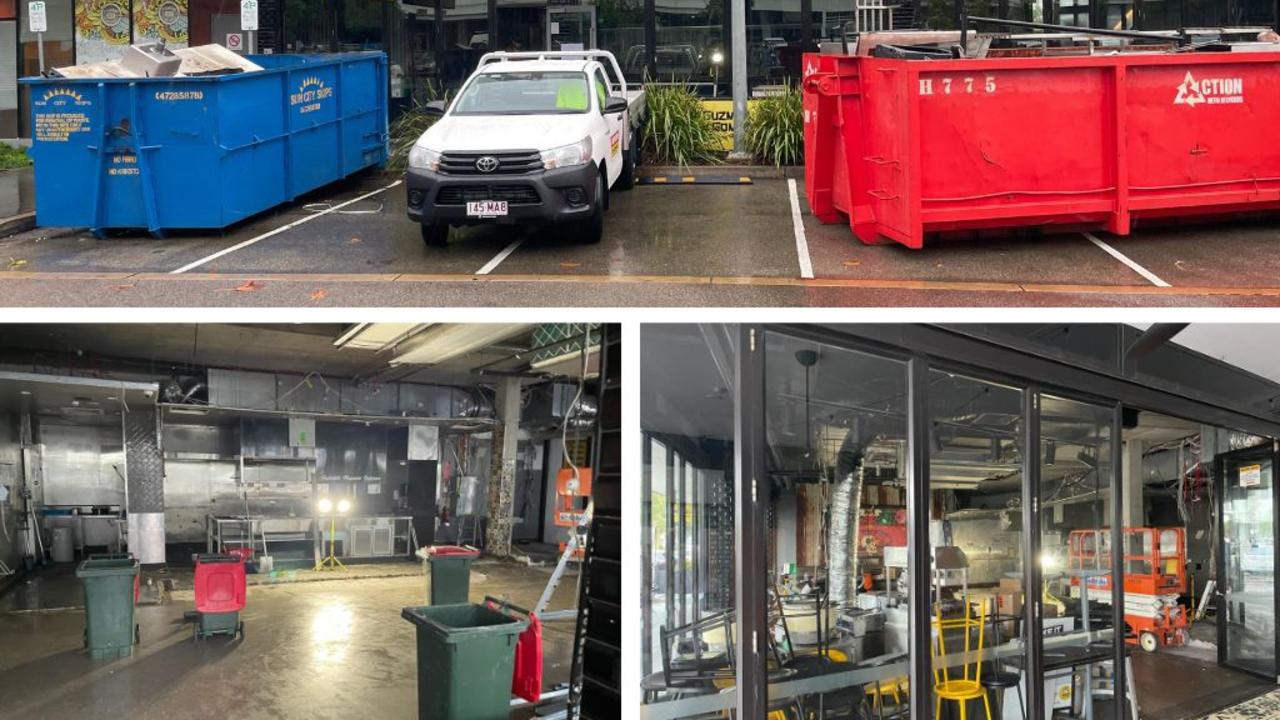First Nations environmental crew reconnects with country to protect reef
As Australia celebrates NAIDOC Week, a 12-month project supporting Indigenous jobs and training while protecting the Great Barrier Reef has reached the halfway mark, having already delivered multiple benefits.

Townsville
Don't miss out on the headlines from Townsville. Followed categories will be added to My News.
As Australia gets ready to celebrate NAIDOC Week, a 12-month project supporting Indigenous jobs and training while protecting the Great Barrier Reef has reached the halfway mark, having already delivered multiple benefits.
Late last year, NQ Dry Tropics partnered with Indigenous employment group Three Big Rivers on the Healing Country initiative, funded through the state government’s $10 million Reef Assist program.
Under the project, members of an Aboriginal and Torres Strait Islander Environmental Team are gaining practical on-ground skills working on NQ Dry Tropics projects across North Queensland, while undertaking an accredited environmental training program.
Darryl Chong (Waanyi) is supervising the young team, made up of Rheardan Cobbo (Bindal), Gary Kyle (Bwgcolman/Juru), Waylon Sam (Bwgcolman), and Sam Savage (Bindal).
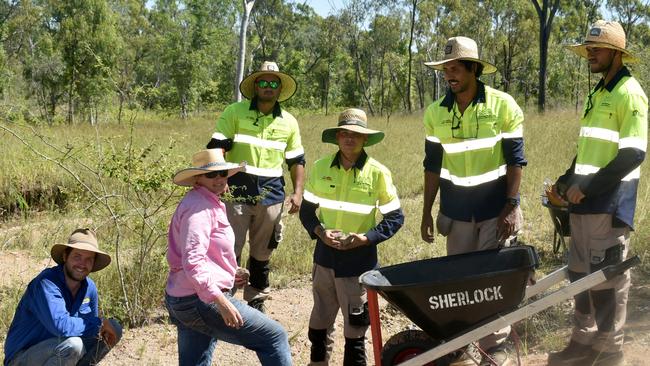
So far, the crew has carried out a wide range of activities such as controlling invasive weeds, fixing eroded gullies to reduce sediment run-off from grazing properties, constructing fences on a grazing property to protect fragile land, and improving the condition of coastal ecosystems, including creeks and wetlands.
To complement the field work, the group is undertaking a Certificate III in Rural Operations, and accredited training in first aid/CPR, ACDC (weeds chemicals) and operating chainsaws.
Additional training has been provided by NQ Dry Tropics staff in areas such as gully remediation, weed identification and control, and grass species identification.
Achievements to date include:
● 28.3ha of coastal communities cleared of marine debris, collecting a total of 3.9 cubic metres plus heavy waste;
● 50.5ha of weed control contributing to riparian and wetland restoration, erosion mitigation and protection of beach scrub communities;
● 43 erosion control structures built (leaky weirs and stick dams);
● 150 stems planted to revegetate an area of 3800 square metres;
● 2.18km of fencing constructed on a grazing property to assist proper grazing management practices.
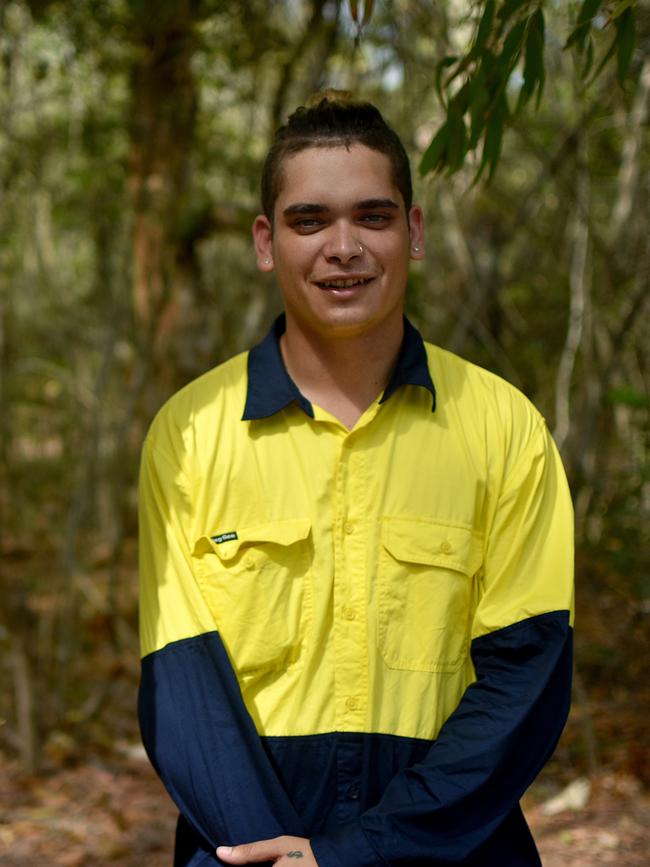
Crew member Gary Kyle, 21, from Townsville, said that being involved with the project had provided major benefits.
“I want to give back to my land, learn about my land, and contribute to my land,” Mr Kyle said.
“I feel much more connected to my country since starting this work. I have learned so much, and with all of the practical skills and training courses, my resume is going to look jam packed.
“This has been my first regular job and it has boosted my confidence. I really enjoy being part of the team. We enjoy each other’s company and there is a nice vibe between us. I would describe it as a brotherhood. To work with the crew I work with now, and to be out on the land is very rewarding.”
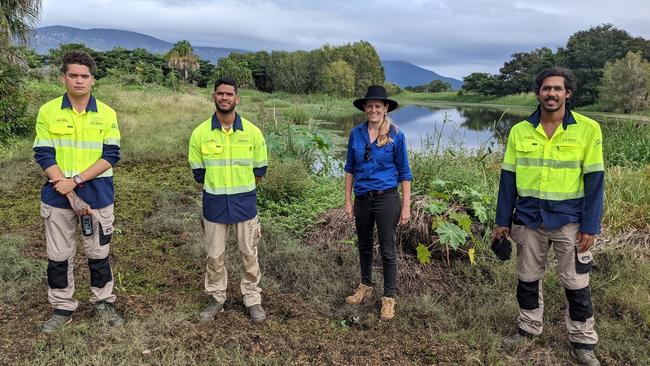
NQ Dry Tropics project manager Caralea Hensler said the work undertaken by the team was supporting a variety of existing projects to deliver better on-ground results.
“The team’s contribution is boosting activities to improve land condition, protect plants and animals, and improve the quality of water flowing into local creeks and the reef,” Ms Hensler said.
Three Big Rivers director Thomas Holden said the project was a great example of what well- targeted investment could achieve.
“The Queensland Government’s Reef Assist program is supporting beneficial Indigenous economic and employment outcomes,” Mr Holden said.
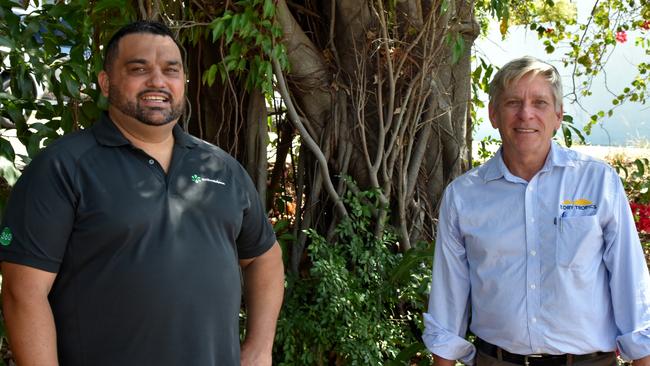
“The Three Big Rivers employees have been able to invest in themselves individually, and gain great cultural experiences while working on country and improving the environment.”
Out of the 135 jobs generated through the Reef Assist program, about 70 are providing employment and training opportunities for First Nations people.
Originally published as First Nations environmental crew reconnects with country to protect reef

